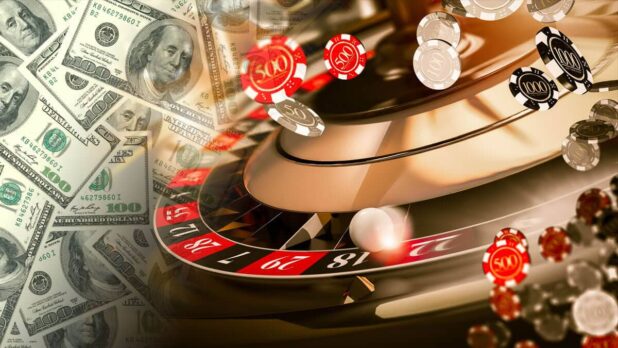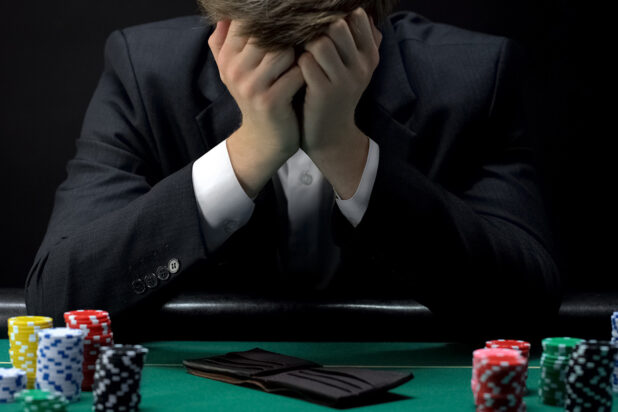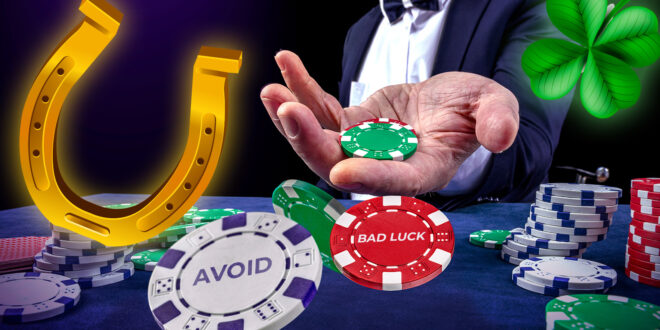Gambling often brings with it the notion of luck, both good and bad. While some players seem to ride a wave of good fortune, others feel trapped in a cycle of bad luck.
Whether you’re a casual gambler or a more serious player, understanding how to shift your approach can help turn the tables in your favor.
Table of Contents
1. Understanding Luck in Gambling
Luck, by its very nature, is a random and uncontrollable factor. In games of chance, such as slot machines or roulette, every outcome is independent of the previous one.
This randomness is what makes gambling exciting, but it can also lead to the perception of streaks of good or bad luck.
2. Bankroll Management
Effective bankroll management is one of the most practical ways to mitigate the impact of bad luck. This involves setting a budget for your gambling activities and sticking to it.
Decide on an amount you are comfortable losing and do not exceed this limit. This practice ensures that you don’t chase losses, a common trap for gamblers feeling unlucky.
While adopting a rational approach, managing your bankroll, choosing the right games, and controlling your emotions are key to improving your experience, it’s also essential to explore reliable platforms like crazyvegas.com for responsible and entertaining gambling.

3. Rational Approach to Gambling
Adopting a rational approach to gambling is crucial. This means understanding the odds and accepting that outcomes in games of chance are random.
This perspective helps in managing expectations and prevents the belief in a losing or winning streak, which is a common misconception in gambling psychology.
4. Choosing the Right Games
Not all casino games have the same odds. Games like blackjack and poker, where skill plays a part, offer better odds than purely luck-based games like slot machines or roulette.
Learning and mastering these games can increase your chances of winning. In skill-based games, bad luck can sometimes be mitigated by good strategy.
5. Emotional Control
Gambling can be an emotional rollercoaster. It’s vital to maintain emotional control and not let frustration or excitement dictate your decisions.
When feeling overwhelmed, take a break. Gambling under stress or emotional duress often leads to poor decision-making and perceived bad luck.

6. Learning from Losses
Instead of attributing losses to bad luck, view them as learning experiences. Analyze your losses to understand if they resulted from poor decision-making or just the inherent randomness of the game. Learning from these experiences can improve your gambling strategy.
7. Superstitions and Rituals
While many gamblers have rituals or superstitions, it’s important to recognize that these do not influence the outcome of games.
Relying on superstitions can lead to irrational decision-making. It’s healthier to focus on practical strategies that you can control.
Conclusion
In conclusion, the concept of luck in gambling is more about perception than reality. By adopting a rational approach, managing your bankroll, choosing the right games, controlling your emotions, learning from losses, and avoiding superstitions, you can improve your gambling experience.
Remember, gambling should be about entertainment, not a way to make money. Play responsibly and enjoy the game for what it is – a form of entertainment with a chance of winning.
 World Magazine 2024
World Magazine 2024






